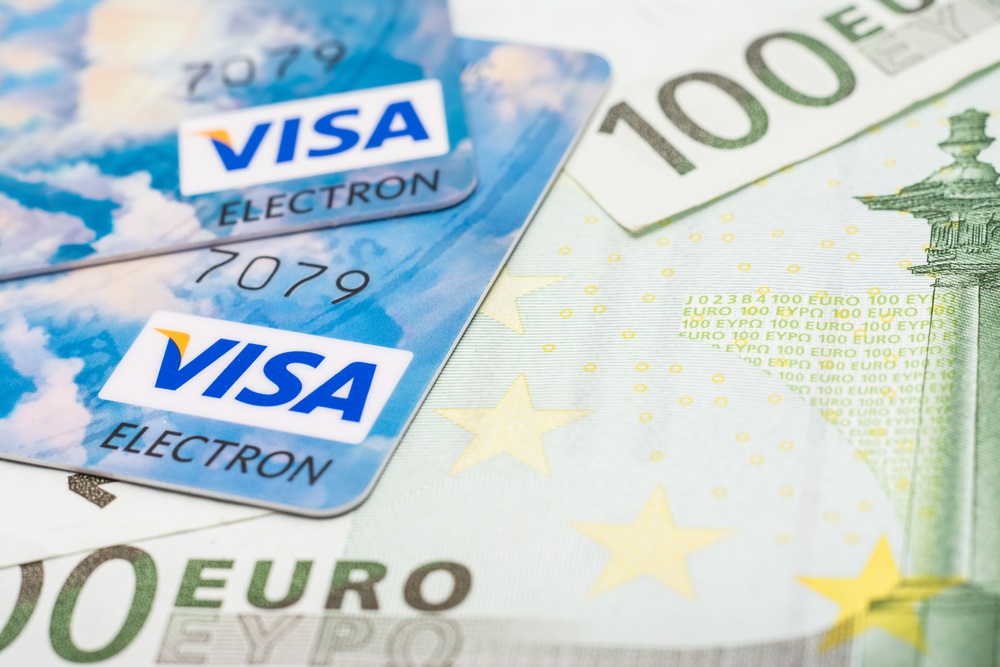News
Why you should consider a prepaid card for your holiday cash

If you’re heading to a number of overseas destinations, a multi-currency prepaid card could be your best bet to ride out exchange rate volatility and avoid hefty foreign transaction fees.
Prepaid cards are a more convenient alternative to carrying cash or buying travellers’ cheques and many believe they allow them to budget more easily while abroad.
Unlike debit or credit cards which apply an exchange rate on the day of each transaction, prepaid currency cards allow you to load up before you go so you’re locking in the exchange rate at that time.
Given the exchange rate volatility in recent times, many people have been hedging their bets by pouncing on more favourable exchange rates for their prepaid cards in the run up to their holiday.
One of their biggest draws is that the non-sterling transaction fees of up to 2.99% often don’t apply so it can work out much cheaper for holidaymakers.
While some providers offer single currency cards, such as euro or dollar, others are multi-currency which can be good if you’re going to a number of different destinations over the next few months.
The hugely popular Travelex Supercard will be withdrawn at midnight on 24 July, leaving holders needing to look elsewhere to minimise the costs and fees of spending abroad.
There are a number of different prepaid currency cards available so it’s important you know the fees and charges they include.
For instance, they vary on whether they charge an annual fee, and whether they charge a fee to load the card. Some charge for withdrawals and to get the card in the first place. They also have different maximum daily ATM withdrawals and maximum balances.
Below, independent research site Moneycomms has compiled a comparison of some of the top multi-currency prepaid cards available:
Andrew Hagger of Moneycomms, said: “For people who travel frequently these cards can be a real money saver and worth keeping in the drawer with your passport – many are now linked to an app on your phone so you can check your balance and in some cases switch money between different currencies.
“One thing to be aware of with these cards is that many charge a dormancy or inactivity fee (can be £2 per month) if the card isn’t used for 12 months.”
Other points for users to note is that prepaid cards shouldn’t be used for hotel deposits or car hire deposits as the card can be blocked, often for up to 30 days.
And don’t be tempted to use them at home in the UK – they are expensive to use at home, even for ATM withdrawals.
See YourMoney.com’s Ultimate summer holiday money-saving checklist to help save you cash on travel essentials.
